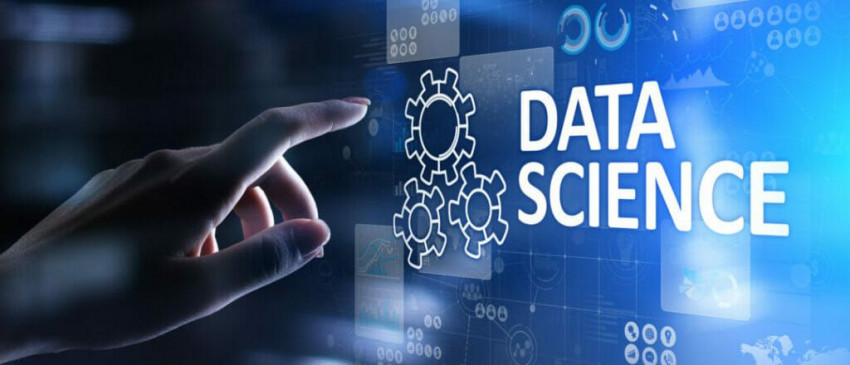
1. Gain Customer Insights
Data about your customers can reveal details about their habits, demographic characteristics, preferences, aspirations, and more. With so many potential sources of customer data, a foundational understanding of data science can help make sense of it.
For instance, you may gather data about a customer each time they visit your website or brick-and-mortar store, add an item to their cart, complete a purchase, open an email, or engage with a social media post. After ensuring the data from each source is accurate, you need to combine it in a process called data wrangling. This might involve matching a customer’s email address to their credit card information, social media handles, and purchase identifications. By aggregating the data, you can draw conclusions and identify trends in their behaviors.
Understanding who your customers are and what motivates them can help ensure your product meets their job to be done and your marketing and sales efforts are working. Having and understanding reliable customer data can also inform retargeting efforts, personalized experiences for specific users, and improvements to your website and product’s user experience.
2. Increase Security
You can also use data science to increase the security of your business and protect sensitive information. For example, banks use complex machine-learning algorithms to detect fraud based on deviations from a user’s typical financial activities. These algorithms can catch fraud faster and with greater accuracy than humans, simply because of the sheer volume of data generated every day.
Even if you don’t work at a bank, algorithms can be used to protect sensitive information through the process of encryption. Learning about data privacy can ensure your company doesn’t misuse or share customers’ sensitive information, including credit card details, medical information, Social Security numbers, and contact information.
“As organizations become more and more data-centric, the need for ethical treatment of individual data becomes equally urgent,” Tingley says in Data Science Principles.
It’s the combination of algorithms and human judgment that can move businesses closer to a higher level of security and ethical use of data.
3. Inform Internal Finances
Your organization’s financial team can utilize data science to create reports, generate forecasts, and analyze financial trends. Data on a company’s cash flows, assets, and debts are constantly gathered, which financial analysts can use to manually or algorithmically detect trends in financial growth or decline.
For example, if you’re a financial analyst tasked with forecasting revenue, you can use predictive analysis to do so. This would require calculating the predicted average selling price per unit for future periods and multiplying it by the number of units expected to be sold during those periods. You can estimate both the average selling price and number of expected units sold by finding trends in historic company and industry data, which must be qualified, cleaned, and structured. This is data science at work.
Additionally, risk management analysis can be used to calculate whether certain business decisions are worth the potential downsides. Each of these financial analyses can offer valuable insights and drive business decisions.
4. Streamline Manufacturing
Another way you can use data science in business is to identify inefficiencies in manufacturing processes. Manufacturing machines gather data from production processes at high volumes. In cases where the volume of data collected is too high for a human to manually analyze it, an algorithm can be written to clean, sort, and interpret it quickly and accurately to gather insights.
For example, industrial automation company Oden Technologies created a machine-learning tool called Golden Run, which collects manufacturing data, identifies times of highest efficiency, and provides recommendations for replicating that high-efficiency state. As the algorithm gathers more data, it provides better recommendations for improvement.
By using data science to become more efficient, companies can cut costs and produce more goods.
5. Predict Future Market Trends
Collecting and analyzing data on a larger scale can enable you to identify emerging trends in your market. Tracking purchase data, celebrities and influencers, and search engine queries can reveal what products people are interested in.
Final Words
For instance, clothing upcycling has been on the rise as an environmentally conscious way to refresh a wardrobe. According to research by Nielson, 81 percent of consumers feel strongly that companies should help improve the environment. Clothing retailer Patagonia, which has been using recycled plastic polyester since 1993, leaned into this emerging trend by launching Worn Wear, a site that’s specifically designed to help customers upcycle used Patagonia products. Skillslash, recognized as the best data science institute in Bangalore, has taken online learning to the next level with its Data Science Course in Bangalore with placement guarantee. Here, you'll be taught every aspect of data science, AI, and ML including all these ML algorithms and their advanced and industrial usage. Get in touch with the support team, and the rest will be taken care of.


